Hope y’all tolerate an intruder from Breaktime!
My mom is making my daughter a quilt. The general design is this picture. The ovals show where a more detailed shape will be. My daughter’s a gymnast, and we pulled some silhouettes of her from video. Those silhouettes will appear where the ovals are. Over the checkerboard (9″ squares, iir), they’ll be a contrasting material, and so, will be visible. We didn’t want to carry the checkerboard over the whole quilt be/c it’d be too busy. So we’re using a plain fabric. But instead of regular stitching to hold the batting between the front and backing, we were hoping to use stitching to outline additional silhouette shapes. But even with a contrasting thread, Mom reports that the stitches pretty much disappear and don’t break up the mass of blue as much as she’d hoped. Any ideas on how to make the outlines more visible against the blue field? Don’t need them to dominate the designs on the checkerboard, but still want to be able to notice them. Thanks! View Image


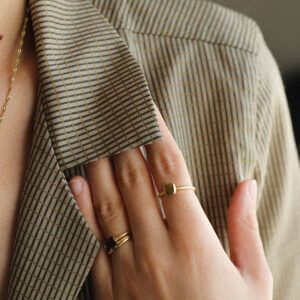
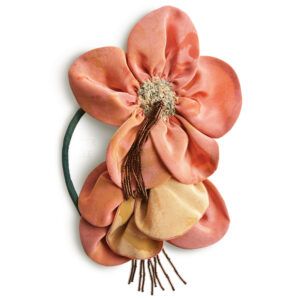
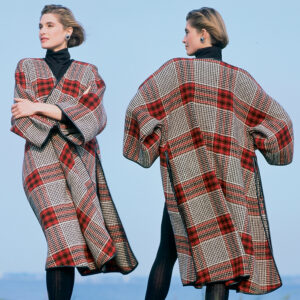
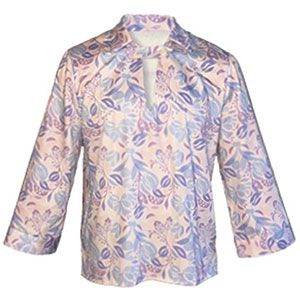
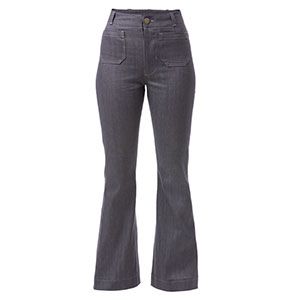
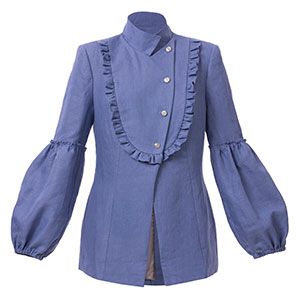
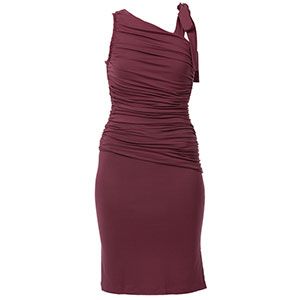
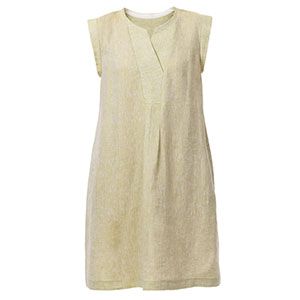
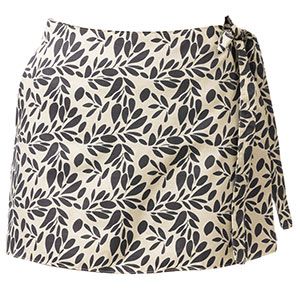
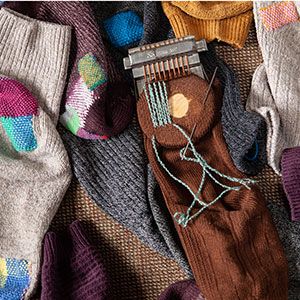
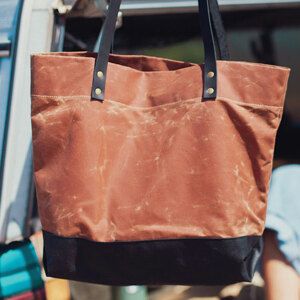
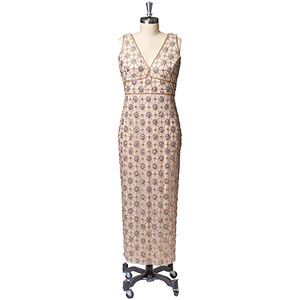
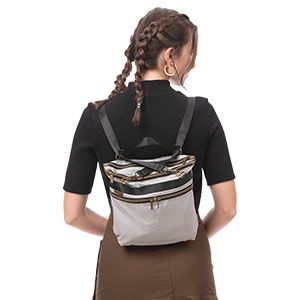
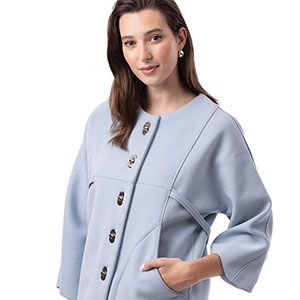
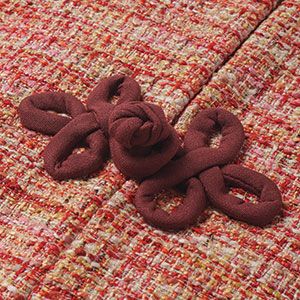
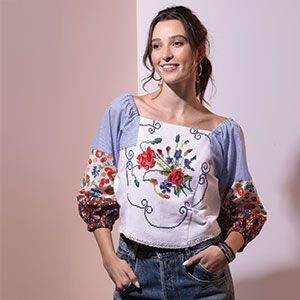







Replies
Try double lines of stitches.
Thinking as a builder and not a sewer (is that what you call a person who sews? <G>), that sounds like double the work. I hesitate to "volunteer" 82 yo mom for extra work!What would seem (or "seam"...the opportunity for puns is endless!) to be the best combo of good results with least work:* one normal thread with limited visibility* two or three normal threads grouped and sewn at the same time* a second line of stitches (overlapping the first or offset?)* thicker threadIt's also possible that it's visible just fine following the original plan, but octogenarian eyes don't see it the same way younger eyes would. I won't see it before it's done, so I can't tell now.Whatcha think? Thanks.
Edited 12/15/2006 9:02 am ET by CloudHidden
Following on the thicker thread theme. my mother used to "tie" quilts w/ yarn at 12" intervals, instead of actually quilting. This may be more work, but if you use a hand needle w/ yarn in the same color as the quilting thread, and keep the stitches longer, it would make the photos "pop". (And you may finish in time for Christmas?!)
If not yarn, maybe try some metallic embroidery thread and run it by machine. Be sure to use the correct needle because I hear metallics will shred if you use too small of a needle.
Good luck!
mjjudas
Edited 12/15/2006 2:03 pm ET by mjjudas
It's a very modern quilt, so you could use modern materials--maybe fabric paint or woolly serger thread. Or, you could use more traditional methods, say, couching a white cord with white stitching or doing one more layer of applique so that the oval is completely white and the silhouette is blue on top of that.
It's very beautiful and will surely become a treasure to your daughter. Make sure you include a permanent label on it with its date, creators, and occasion!
What a wonderful gift for your daughter! I like Teaf5's suggestion about couching. The stitched silhouettes might even be more noticeable if a yarn which matches the background is couched with a zig-zag stitch with the same color thread. There would be a textural distinction, more subtle than a contrasting yarn or thread, but perhaps still visible.Another possibility is to stitch the outlines with a double needle, giving you two lines of stitching with only the work of one.I hope you post a photo of the quilt when it's finished.
Edited 12/15/2006 6:35 pm ET by Josefly
Thanks, all. I will pass this on to the seamstress, aka Grandma. Will post photo when done, though she makes no promise on deadline, as she likes to start more projects than she finishes. :) Be/c of whom it is for, though, I'm certain it will be one of those that is finished.
You may wish to use a stabilizer (on top of the fabric, which will be torn away or washed away after the fancy stitching is completed) which will help the fancy stitches not sink in to the quilt top. O, and I've used two or three threads at a time with great success as well.
Hello!
You could try stipling around the shape. You could do it by hand, but I sure would do it by machine! Do a sample piece first because you probably wouldn't want to rip out stipling if it isn't the right thing. (Even if you did rip, the fabric would never look the same with all the needle holes in it,) If the sample looks good, turn it into a throw pillow.
SG
if you wanted to use double stitch line, could possibly use twin needle.
also depending on the silhouette you were stitching could do some extra lines to create shadows ..or darker areas.
altogether sounds a very interesting type quilt.
A year later, and the quilt is well under way, but with a lot still to go. We love it. DD got the first viewing of it last night and was in shock.
View Image View Image
Your daughter's quilt is absolutely beautiful! Wow! I love the silhouettes! What an accomplishment for your 83yr.s young mother to be able to do! Especially a heavy quilt! What an inspiration for all of us! Mary
That's very beautiful quilt. Great work, I love it.
>>Any ideas on how to make the outlines more visible against the blue field? Don't need them to dominate the designs on the checkerboard, but still want to be able to notice them.
In the past, to accent quilting in a large solid area, the silhouette would be quilted then the background stippled or filled with a very narrow grid to flatten it and allow the silhouette to pop out from the background. If you work the outlines in a contrasting thread and the background fill in a thread to match the fabric, it highlights the motif even more.
To emphasize the image even more, the outlined object could be stuffed or padded in a technique called "trapunto." To work trapunto by hand, you'd need to cut a small slit in the back of the quilt, gently stuff extra batting into the motif, then stitch a patch over the hole. I use reverse applique to do the patching, placing the patch inside the slit and then stitching down the edges of the slit to the patch.
As a machine quilter, I outline the given motif, then stitch around it again a scant 1/8" away. Then finish by stippling the whole area around it. Sometimes I omit the second line as you can see in this feather motif:
http://home-and-garden.webshots.com/photo/2449301440054936530TXehLY
Hope this helps.
Annie
Edited 1/9/2008 11:04 pm ET by damascusannie
Edited 1/9/2008 11:13 pm ET by damascusannie
This post is archived.